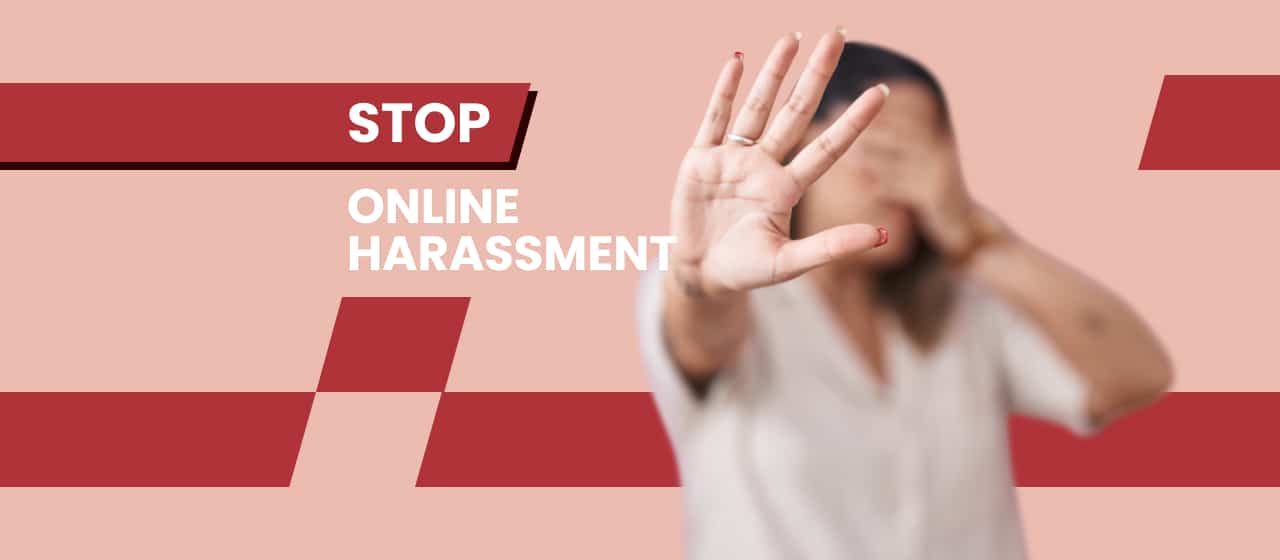The rise of social media and instant messaging apps has led to an increase in cyber fraud on WhatsApp. One prevalent scam is the WhatsApp nude scam, which has victimized many people. This article is a comprehensive guide on these malicious scams taking place on WhatsApp.
Common Techniques Used by WhatsApp Nude Scammers
WhatsApp nude scammers use several techniques to lure their victims into their traps. These scammers often use tactics such as posing as a woman and initiating flirtatious conversations with their target, then quickly progressing to exchanging explicit pictures. They might also create fake profiles using stolen photos and personal information to make themselves seem more convincing.
Additionally, they might also use malware and other hacking tools to extract personal information from the victim’s phone, such as contact lists and browsing history. It is essential to be wary of suspicious messages with links in them and to avoid sharing any sensitive information with unknown numbers or profiles while on WhatsApp.
Warning Signs Indicating a Potential WhatsApp Nude Scam
It is crucial to be aware of the warning signs indicating a potential WhatsApp nude scam. Some of the red flags include:
1. Unsolicited Contact:
One of the biggest red flags to watch out for is unsolicited contact on WhatsApp. If someone you do not know sends you a message asking for nude or explicit photos or videos, this is likely a scam. Legitimate conversations usually proceed gradually, with people sharing details about their lives and building trust over time. If someone attempts to skip this process and jump straight to a sexually charged conversation, it is usually a warning sign that something is off.
2. Love Bombing:
Another sign to look for is when the other person falls in love quickly without proper prior interaction or knowledge of each other over WhatsApp. They use tactics like “love bombing,” which is the use of excessive flattery. It could come across as excessive gift-giving or early-on intense conversation.
3. Phishing Links:
Be alert for any suspicious links sent through WhatsApp. Cyber attackers may use such links to gain unauthorized access to your device, harvest your information, or spread malware. They may also use such links to extract money from you or extort explicit content. As a rule of thumb, avoid clicking on unsolicited links and only interact with individuals whom you can verify.
4. Too Good to Be True:
Lastly, if someone sends you a message promising unrealistic rewards or promises of making easy money with little to no effort. Or if they make a request for personal information like bank details or ID scans. Scammers use these tactics to prey on vulnerable individuals looking to make easy gains or seeking instant gratification.
Secure Your Privacy Settings
One of the most effective ways to protect yourself from WhatsApp nude scams is by securing your privacy settings. WhatsApp offers several privacy settings that you can enable to protect yourself from unwanted messages and calls. You can restrict who can see your profile picture or status and set up two-factor authentication to prevent unauthorized logins.
Additionally, you can turn off the read receipts, so other users cannot see when you have read their messages. All these settings can help you maintain your privacy and avoid unwanted attention from scammers. Finally, make sure to use strong passwords, 2-factor authentication, and keep social media accounts set to private whenever possible.
Finally, if you receive any suspicious messages or calls from unknown numbers or profiles, report them immediately to WhatsApp or the local authorities. This will not only alert others to potential scams but also help authorities to investigate and bring the scammers to justice. Also, reach out to third-party companies like Cyber Investigation for help. Our team is available 24/7 with our sextortion helpline.
Recap and Summary
WhatsApp nude scams can be dangerous and financially draining for their victims, leading to personal embarrassment and compromised privacy. Being vigilant of red flags and suspicious messages, securing privacy settings, and staying educated are critical steps to protect yourself from these scams. It is also essential to report any suspicious activity to authorities to help prevent scams and catch scammers. Remember, the best defense against any scam is awareness and alertness.







